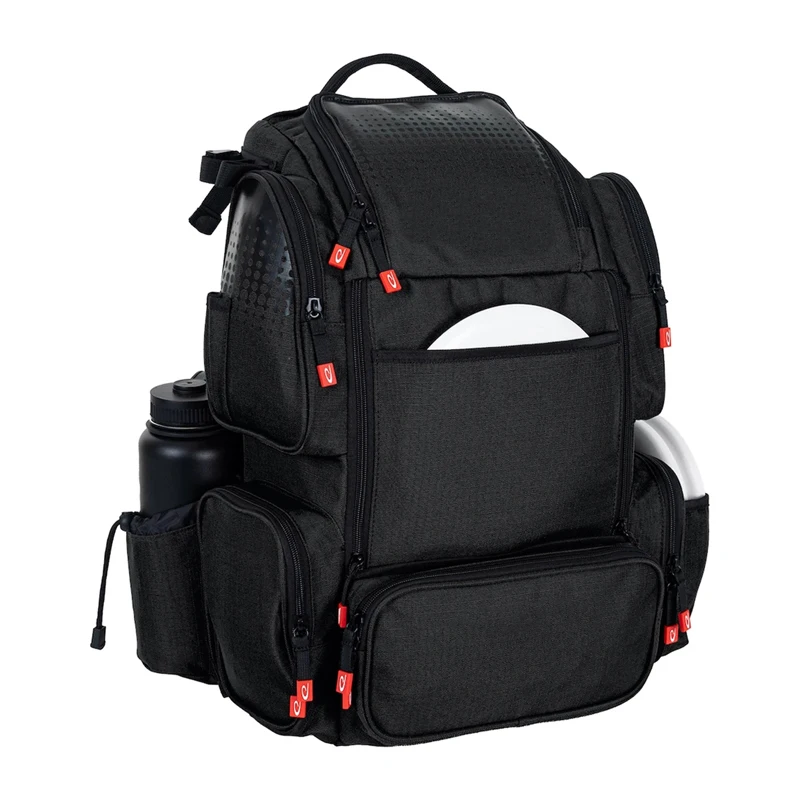SBS: A Comprehensive Guide for Buyers in 2025
SBS (Styrene-Butadiene-Styrene) is a versatile thermoplastic elastomer widely used in various industries due to its excellent flexibility, durability, and cost-effectiveness. Whether you're in footwear, adhesives, or automotive parts, understanding SBS can help you make better sourcing decisions. This guide covers everything you need to know about SBS, from its types to sourcing strategies.
How to Find Reliable SBS from China in 2025
China remains a leading supplier of SBS, offering competitive pricing and high-quality products. To find reliable suppliers:
- Check certifications like ISO 9001 and REACH compliance.
- Review supplier history and customer feedback on platforms like Alibaba.
- Request samples to test product quality before bulk orders.
- Verify production capacity to ensure timely delivery.
What Buyers Should Know Before Buying SBS from China
Before purchasing SBS, consider:
- Pricing: Compare quotes from multiple suppliers to avoid overpaying.
- Logistics: Factor in shipping costs and lead times.
- Customs Regulations: Ensure the product meets your country's import standards.
- Payment Terms: Negotiate secure payment methods like LC or Escrow.
Types of SBS
SBS comes in several forms, each suited for specific applications:
- Linear SBS: Ideal for adhesives and sealants due to its high elasticity.
- Radial SBS: Offers better tensile strength, making it suitable for footwear and automotive parts.
- Modified SBS: Enhanced with additives for UV resistance or flame retardancy.
Functions and Features of SBS
SBS is prized for its:
- Excellent elasticity and rebound properties.
- High resistance to wear and tear.
- Good compatibility with other polymers.
- Cost-effective alternative to natural rubber.
Scenarios of SBS
SBS is used in:
- Footwear: Soles and insoles for comfort and durability.
- Adhesives: Provides strong bonding for construction and packaging.
- Automotive: Seals, gaskets, and vibration dampers.
- Construction: Waterproofing membranes and roofing materials.
How to Choose SBS
Selecting the right SBS depends on:
- Application: Match the type to your industry needs.
- Quality: Opt for suppliers with strict quality control.
- Budget: Balance cost with performance requirements.
SBS Q & A
Q: What is the shelf life of SBS?
A: Typically 12-24 months when stored in a cool, dry place.
Q: Can SBS be recycled?
A: Yes, it can be reprocessed, though properties may degrade slightly.
Q: How does SBS compare to natural rubber?
A: SBS offers similar elasticity but at a lower cost and better consistency.
Q: What are the environmental impacts of SBS?
A: It is non-toxic but should be disposed of properly to avoid pollution.
Q: How do I test SBS quality?
A: Perform tensile strength, elongation, and hardness tests per ASTM standards.


modified-583.jpg_300x300.webp)






















